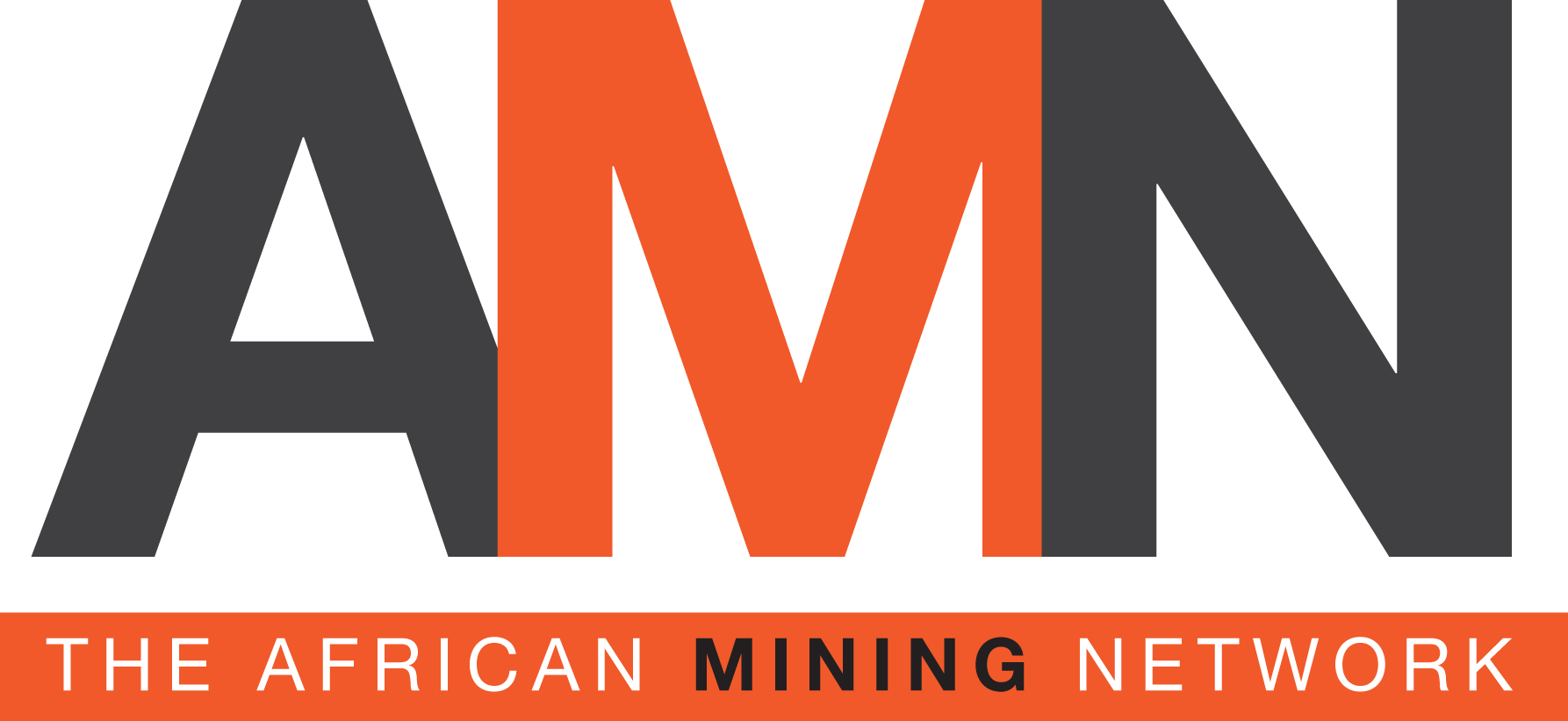- Yolanda Torrisi
- +61 412 261 870
- yolanda@yolandatorrisi.com
- Nina van Wyk
- +27 82 926 3882
- nina@africanminingnetwork.com
![]()
Miners in the Democratic Republic of Congo (DRC) have established a new industry body to engage with government on industry concerns about the new mining code and any other material issue concerning the mining industry in the country. The companies are to be commended for their efforts in setting up the Mining Promotion Initiative (MPI) and taking up what will be a tough challenge.
The MPI represents mining companies accounting for 80% of copper and cobalt production and 90% of gold production in the DRC. It includes Randgold Resources, Glencore, Ivanhoe Mines, Gold Mountain International, Zijin Mining Group, MMG Limited, AngloGold Ashanti, Crystal River Global and China Molybdenum Co.
A number of these companies were involved with earlier efforts this year in an attempt to get the government to change the new code but these were unsuccessful and it was implemented in June with the intention of increasing revenue from the industry.
Among the changes they recommended in a formal proposal was a sliding scale on royalties but the new code is increasing royalties, introducing a super profits tax and removing a 10-year amnesty on new rules for existing miners.
MPI general secretary Richard Robinson said the members were seeking a sustainable outcome for all stakeholders in the DRC but its main issue remained the application of the 2018 Mining Code.
He said the code would compromise those who had invested in the country individually and alongside State companies, on terms guaranteed by government through legislation, specific guarantees and bilateral trade agreements.
Further, should some of the key issues in the new code not be addressed, he said it would discourage further investment in large and small sustainable projects, which were crucial for the DRC economy and the mining sector.
Robinson said the MPI was committed to continue working with the government to come to a “mutually agreeable solution and improve the legal framework for current and new investments”.
Industry representatives have stated that they accept 76% of the articles in the 2018 mining code but that change was required to the rest to ensure the “effectiveness and legality of the code”.
Their submission proposes linking a sliding scale of royalty rates to the prices of key commodities, which the industry representatives believe would be a more effective mechanism than the windfall tax introduced in the new code. At current prices they say this would immediately give the government a higher share of revenues than what is provided in the new code.
The submission deals with stability arrangements, State guarantees and mining conventions, and stresses that the 2002 mining code contained a 10-year stability clause. This provides for holders of mining and exploration titles to continue to be governed by the fiscal and customs terms of the 2002 mining code for such a period, in the event of the implementation of any new law.
As well as the companies themselves, consumers of metals produced in the DRC will also be hit, particularly cobalt consumers as the country supplies more than 60% of the world’s demand for the metal. Cobalt prices have quadrupled in two years and any impacts on supply from DRC will put further pressure on prices.
It is a similar story for copper with the DRC likely to soon overtake the US as the world’s number four copper producer. Both commodities are key components in computer chips, mobile phones and lithium-ion batteries that power electric vehicles.
The aim of the MPI is to find a sustainable outcome for all DRC stakeholders, while also respecting the country's laws and preserving acquired rights.
Individual companies are also continuing to engage with authorities with regard to the effect and implementation of the code.
Yolanda Torrisi is Chairperson of The African Mining Network and comments on African mining issues and the growing global interest in the continent. Contact:yolanda@yolandatorrisi.com

